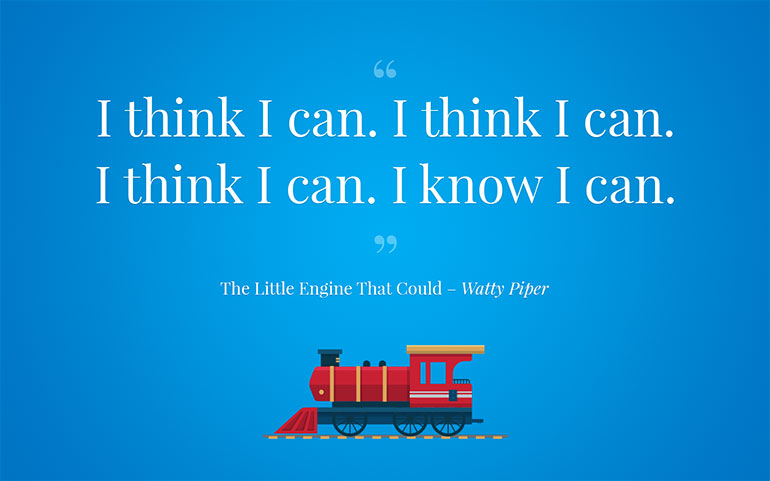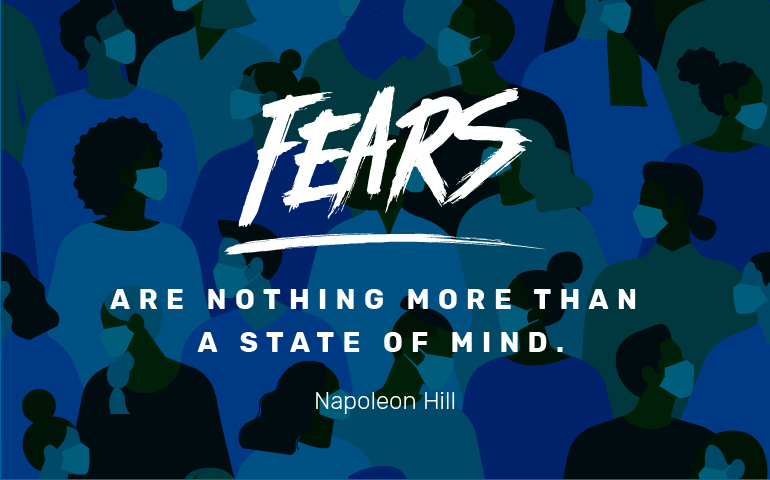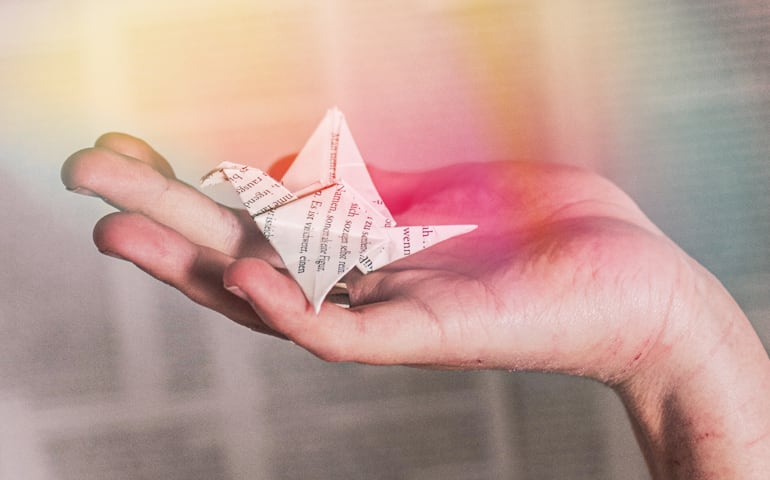
The Unexpected Silence: My Journey Through Hearing Loss
As a child, I had many ear infections that came and went. They were a minor inconvenience which occasionally took me out of school for a day or two. However, at the beginning of grade 11, I was about to face an experience I hadn’t anticipated, one that would challenge me both physically and emotionally.
September has always been my favorite time of year. The anticipation of heading back to school fills me with excitement and of memories yet to be made. But as the school bells welcomed new beginnings for most, this year they signaled the onset of ear pain unlike any I’d ever felt. In an unexpected twist, the pain peaked after a few days and then suddenly subsided. Though welcome, the relief came at a daunting cost: I had lost my hearing in both ears. It was immediate and devastating. I was diagnosed with bilateral tympanic membrane perforations due to complications of a superimposed bacterial infection. While my peers settled into their routines I was isolated at home, cut off by a newfound silence. The vibrant first few days of school I had longed for slipped away, replaced by solitude and missed experiences.
Would my hearing be restored? Or was this permanent hearing loss for me? I grappled with these two questions every day. Because of the nature of my hearing loss, my medical team explained that I should regain my hearing at some point. But at the beginning of this experience, I found it hard to find hope in these reassurances because I simply couldn’t hear.
This uncertainty weighed heavily on my outlook, making the thought of returning to school daunting. I questioned my ability to keep up with my studies and participate in class discussions.
The fear of falling behind and being isolated because of my condition was a constant companion. While waiting for my infection to heal, I had to cope with this uncertainty and it challenged me to find resilience and adapt in ways I never anticipated.
As I transitioned back to school, my friends were shocked and had a lot of questions. Initially, it was challenging to address their concerns and deal with their shock; it felt overwhelming to constantly explain my situation. However, their genuine care and concern became a source of comfort and support for me. For example, my friends would summarize class discussions for me to make sure I didn’t miss anything. Knowing that my friends were there for me eased the transition significantly. Their understanding and empathy made it easier to navigate the difficulties and their encouragement helped me feel more confident about my ability to adapt and succeed in school despite my hearing loss.
My journey wasn’t solely about adapting to physical and emotional changes and uncertainties. I had to also confront my own biases and misunderstandings about the deaf and hard-of-hearing community. For example, I learned that not all hearing aids restore hearing. I also learned that lipreading is not an easy or reliable skill, seldom used by people with hearing impairment. Before this, I never truly understood the challenges they face daily, nor did I recognize their resilience, strength, and community.
This unexpected challenge pushed me out of my comfort zone, forcing me to adapt to new ways of learning and interacting—a process underscored by research on neuroplasticity which shows that new and challenging experiences can stimulate the brain to create new pathways (Zatorre, Fields, & Johansen-Berg, 2012). For example, I had to rely heavily on written materials and visual aids to communicate. I developed a system with my teachers where they provided notes in advance, allowing me to read and prepare ahead of class. As a result, I became more organized with my time and more confident in asking for help. This experience also exposed how I took my hearing for granted, a realization that set me on a different path in life. I became more perceptive and reflective. Overtime, this manifested in me through expressions of gratitude for the small things in life. Moreover, this experience bolstered my resilience, an essential psychological skill that allows us to rebound from setbacks. Studies indicate that facing and overcoming adversity is crucial in developing this trait (Southwick et al., 2014).
Accepting myself and my circumstances was a process for me, but I learned to lean on those who care about me because they accepted me for who I was. With or without the ability to hear.
Stepping outside one’s comfort zone, whether by choice or circumstance, holds the key to unlocking our fullest potential. My hearing loss was not something I would have chosen, yet it ultimately expanded my horizons and built up my resilience. It taught me the profound lesson that personal growth is often forged in the furnace of life’s most formidable challenges.



